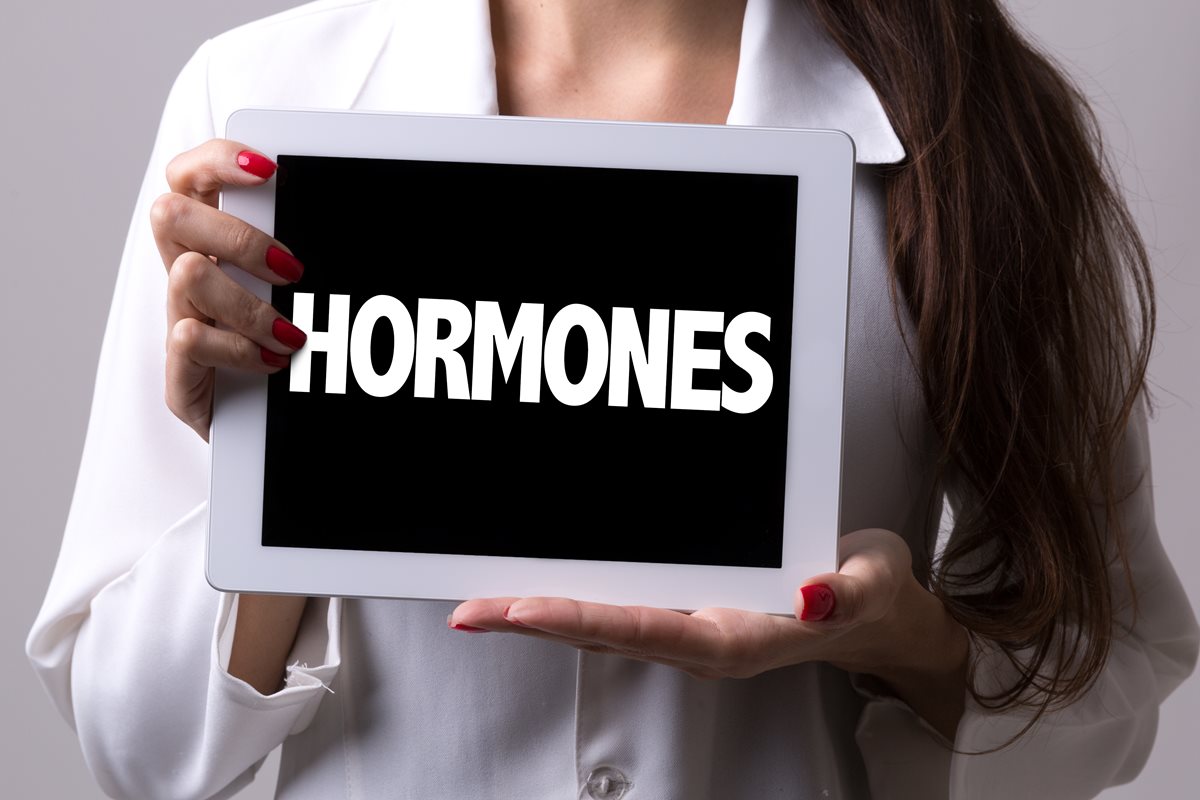Is There a Window for Menopausal Hormone Replacement Therapy to Help Reduce the Risk of Dementia?
Dementia conjures up many images. As we age, we all worry that the momentary misplaced car keys or the questionable location of the parked car in a large lot may indicate early dementia. In reality, the early signs of dementia are more likely evidenced by putting the car keys in the refrigerator or forgetting how to drive to your familiar home. Clinical dementia represents a group of symptoms (for example, a sore throat is a symptom) that can have many causes, including infection, e.g., human immunodeficiency virus (HIV), vascular diseases, stroke, Huntington’s disease, Parkinson’s disease, and Alzheimer’s disease. Dementia is formally characterized by a progressive decline in multiple brain functions including memory, cognitive function, and reasoning.
The incidence of dementia is staggering. Progressive Alzheimer’s disease consists of loss of memory, along with declines in language, spatial orientation, and personality, and is the cause of 60% of dementia. While dementia is rare for those under 65 years, its incidence doubles every five years and affects over one-third of individuals over 85 years. Estimates from the National Institutes of Health (NIH) are that more than five million Americans suffer from this disease.
The biology of Alzheimer’s disease is now better understood, but prevention remains an unsolved target. Alzheimer’s disease symptoms likely result from deposition of the protein, hypophosphorylated tau, within the microtubules inside nerve cells of the brain, causing fibril tangles, and also the laying down of B-amyloid, a neurotoxin, between these cells. This process interferes with communication between brain cells, leading to cell death with eventual brain shrinkage. Early onset Alzheimer’s disease (diagnosed under 60 years) makes up only 5% of the affected population and is transmitted like an autosomal dominant trait, while the vast majority of late onset patients have some combination of genetic, environmental, and lifestyle factors. The presentation of early versus late Alzheimer’s disease appears to depend partly upon mutations in the encoding apolipoprotein e gene (APOE), a lipid transport protein important for normal neural function and repair of damaged neurons.
Because dementia is diagnosed more frequently in women than in men and begins in midlife, logic would suggest a link between dementia and declining gonadal hormones, especially estradiol. Clinical and animal studies and in-vitro analyses support this premise. The concept that estradiol could influence cognition is evidenced as ovarian production of estradiol begins to decline two to three years before onset of menopause (a period called the menopause transition) when women may notice a decline in episodic memory, often accompanied by anxiety or depression. This phenomenon appears to accelerate in postmenopausal women who are not on hormone replacement. In-vitro and animal studies indicate that estradiol enhances activity at neuronal synapses, neuronal growth, and the ability of the hippocampus to grow new cells needed for episodic memory. Moreover, estradiol has been shown to protect against neural injury from ischemia, reactive oxygen species, and other excitatory toxins.
These combined data provide strong support that menopausal estradiol replacement might reduce the risk of Alzheimer’s disease. To address this question, the Women’s Health Initiative Memory Study (WHIMS) was initiated in 1996. The study selected only women over 65 years to assure an adequate number that would develop dementia over the course of the study. After six years of follow-up, however, those on conjugated equine estradiol (CEE) and medroxyprogesterone or CEE alone fared worse than those on a placebo. Subsequent analysis has challenged these conclusions based on medication choice and how the patients were distributed in the study. Nonetheless, the investigators concluded that estrogen given to older women does not reduce, and perhaps may increase, the risk of dementia.
Current recommendations are that hormone supplementation for menopausal symptoms should be started in the late 40s or early 50s (early menopause) in order to decrease the risk of osteoporosis and cardiovascular disease. Extension of this opinion would suggest that there may be a window of opportunity for hormone supplementation to reduce Alzheimer’s risk. Estradiol has been shown in-vitro to decrease B-amyloid formation, reduce hypophosphorylation of tau proteins, and increase apolipoprotein expression. Moreover, several smaller studies have demonstrated a decline in dementia risk in those who began hormone replacement early in menopause and also those who have taken hormone supplementation sometime in the past. Indeed, it may be that estradiol can help protect healthy brain cells but can accelerate adverse changes in already diseased ones.
The impact of hormone supplementation to reduce the risk of dementia remains controversial. Nonetheless, initiating hormone replacement in early menopause is rapidly gaining support as newer studies concentrate on treating younger women to preserve their cognition later in life.
Dr. Woods treats patients for menopause at the Hess/Woods Gynecology Practice.
Disclaimer: The information included on this site is for general educational purposes only. It is not intended nor implied to be a substitute for or form of patient specific medical advice and cannot be used for clinical management of specific patients. Our responses to questions submitted are based solely on information provided by the submitting institution. No information has been obtained from any actual patient, and no physician-patient relationship is intended or implied by our response. This site is for general information purposes only. Practitioners seeking guidance regarding the management of any actual patient should consult with another practitioner willing and able to provide patient specific advice. Our response should also not be relied upon for legal defense, and does not imply any agreement on our part to act in a legal defense capacity.
James Woods | 9/6/2016




